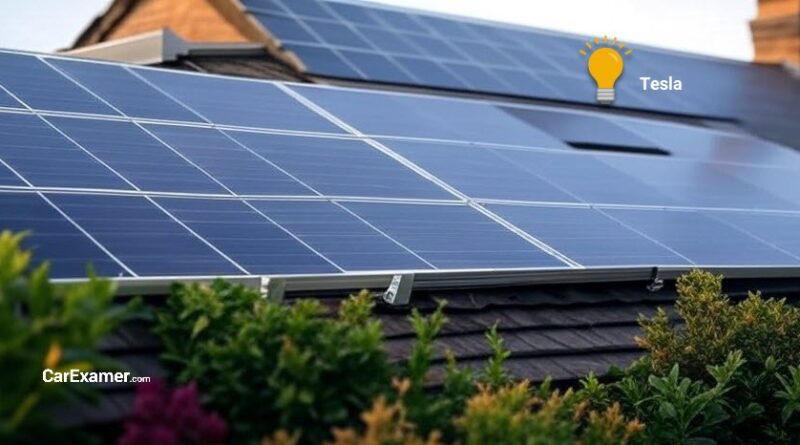Musk’s Tesla to Supply Electricity to British Homes
Tesla, the electric car and clean energy company led by Elon Musk, has applied for a licence to supply electricity directly to homes in the UK. The move shows Tesla’s intention to expand beyond its well-known electric vehicles and battery storage products into becoming a direct energy provider for British households. If the plan is approved, Tesla could sell electricity to customers, manage home energy storage, and integrate renewable generation, putting it in direct competition with traditional utilities.
Tesla’s Application to UK Regulators
Tesla has submitted its application to Ofgem, the UK’s energy regulator, for permission to operate as an electricity supplier. This licence would allow Tesla to buy electricity wholesale, sell it to consumers, and offer energy services through its network of battery products.
The company is already active in the UK’s energy sector, installing Tesla Powerwall units for home energy storage and Megapack systems for large-scale projects. By adding energy supply to its services, Tesla would control the chain from power generation to home use.
Why Tesla Wants to Enter the UK Energy Market
Tesla’s push into the UK power sector fits its strategy of integrating transport, energy generation, and storage. By supplying electricity directly, Tesla could:
- Offer renewable electricity packages alongside Powerwall batteries
- Let customers store cheap off-peak electricity for use during peak times
- Build a “virtual power plant” by connecting thousands of home batteries to help balance the grid
- Cut household reliance on fossil fuels
The UK’s commitment to renewable energy and net-zero targets makes it a promising market for Tesla’s clean energy expansion.
Potential Benefits for Homeowners
If Tesla’s application is approved, UK households could see:
- Competitive electricity tariffs, possibly linked to EV charging schedules
- Packages combining solar panels, Powerwall batteries, and EV charging systems
- Smart energy management that uses stored power when grid prices are high
- The option to sell excess stored electricity back to the grid
This could lead to lower bills for homes with solar and battery setups, while also supporting grid stability.
Tesla’s Energy Experience in Other Countries
Tesla already operates in the energy supply market abroad. In Australia, it has created virtual power plant projects linking thousands of home batteries, reducing peak demand and supporting the grid. In the United States, Tesla Energy has tested similar systems with Powerwall owners.
These results could help convince UK regulators that Tesla can operate successfully as a power supplier.
Challenges for Tesla in the UK
Despite its potential, entering the UK energy market comes with challenges. Tesla will need to:
- Compete with established energy companies
- Meet complex UK regulatory requirements
- Build customer service and billing operations
- Address concerns over data privacy and control of home batteries
Fluctuating energy market prices could also make it harder to maintain competitive rates.
Final Thoughts
Tesla’s plan to supply power to British homes is a major step in its transition from an electric car maker to a complete clean energy provider. If approved, it could change how households use, store, and even trade electricity, making renewable power more available and affordable.
Ofgem’s decision will determine whether UK homeowners will soon be able to buy their electricity from the same company that builds their cars.
Buying a used VW. Buying used vauxhall, BMW, Jaguar, Ford, Volvo, Range rover, Bentley, Aston Martin, Porsche, Ferrari, Lamborghini, Maserati, Hyundai, Tesla, Honda, Pagani

